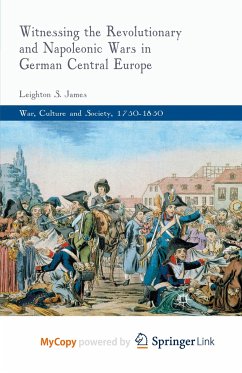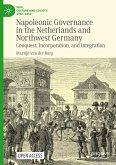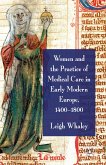Drawing on a wide range of primary sources, this volume argues that although the Revolutionary and Napoleonic Wars are often understood as laying the foundations for total war, many eyewitnesses continued to draw upon older interpretative frameworks to make sense of the armed struggle and attendant political and social upheaval.
"Leighton S. James's well-researched study makes a welcome contribution to the growing literature on the experience of warfare in Central Europe during the revolutionary and Napoleonic periods. Readers of the Austrian History Yearbook should note that James incorporates all the German lands, including those of German-speakers from the Habsburg realm. ... James ultimately offers nuanced coverage of a crucial and traumatic phase of Central European history." (Brian Vick, Austrian History Yearbook, Vol. 48, 2017)
"The impression left by this book is that patriotism was something of a luxury, only to be indulged in when the worst of the storm had passed. In the round, this is a stimulating book, not least for bringing to the fore the voices of ordinary people, rather than those of statesmen and intellectuals." - European HistoryQuarterly
"The impression left by this book is that patriotism was something of a luxury, only to be indulged in when the worst of the storm had passed. In the round, this is a stimulating book, not least for bringing to the fore the voices of ordinary people, rather than those of statesmen and intellectuals." - European HistoryQuarterly
"The book makes a valuable contribution to our understanding of the Revolutionary and Napoleonic era, as well as warfare in general, by providing the first systematic analysis of eyewitness accounts from soldiers and civilians in German-speaking central Europe between 1792 and 1815." - Peter H. Wilson, University of Hull, UK








